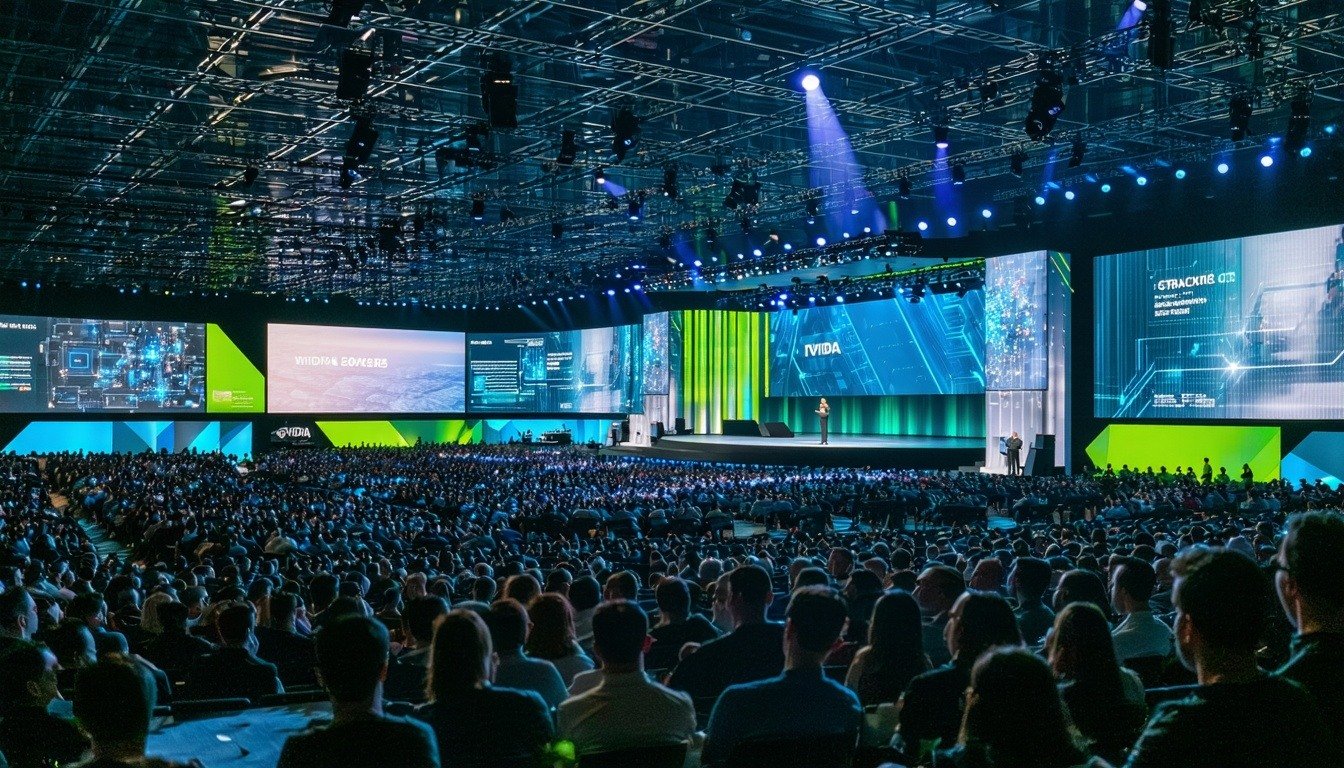Introduction
In January 2018, ABI Research authored a white paper examining the cost structures of two V2X technologies; IEEE 802.11p standard and 3GPP Release 14 C-V2X. In particular, this white paper considered two potential integrations of these technologies into an LTE TCU architecture featuring Wi-Fi (single band) connectivity. The white paper was highly focused in scope, considering the immediate opportunities for the integration of these two technologies to address a narrow, mission-critical application common to both technologies, with an accompanying functional safety requirement. ABI Research would like to take this opportunity to further educate the market and elaborate on the assumptions made in the white paper, how these assumptions informed architecture choices, and how these assumptions drove the cost difference between the 802.11p+LTE and C-V2X+LTE architectures considered in the report.




